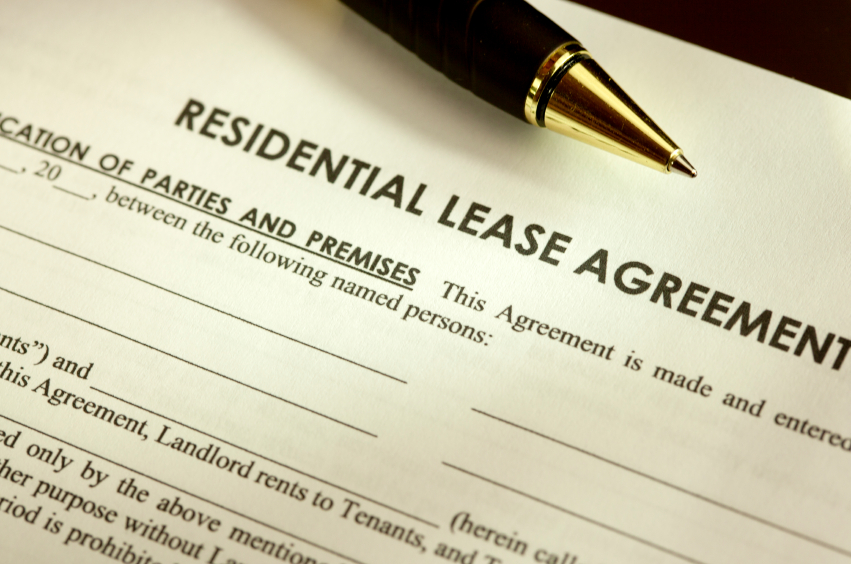Landlord insurance is a property owner’s best asset because this form of insurance protection covers them from all financial losses that are connected with a rental property.
A landlord insurance policy will cover the building, and depending on the insurer, the landlord will have options for covering some of the contents that are inside the building that belongs to them.
This form of insurance protection is important for any landlord because, it can cover two or more of the landlord’s rental properties, and it will protect their investments from earthquakes, storms, lightning, explosions, and fire.
Is Landlord Insurance Required By Law?
As of May 2016, landlord insurance is not currently required by law but, it makes sense for any landlord to have a landlord insurance policy because it will provide the landlord with insurance protection if their rental property is damaged due to a disaster, or they have liability claims, and their expenses amount to more than $100,000 in damages because, if the landlord does not have insurance policy to cover them when damages occur, they will have to pay those costs out of their own pocket.
What Does Landlord Insurance Not Cover?
There’s no denying that landlord insurance will protect the landlord from sudden or accidental losses but, there are some things that a landlord insurance policy will not cover like maintenance, repairs, appliance replacement, or damages related to sewer backups.
Depending on where the rental property is located, it may also be in the landlord’s best interest to purchase additional insurance protection which will provide them with coverage in case their single-family home, townhome or condo is the victim of vandalism since most landlord insurance policies do not provide vandalism coverage.
Tenant Belongings Not Covered
Although landlord insurance covers a landlord’s investment in the rental property, it will not cover any of the tenants belongings inside the property, this is why it’s important for every tenant who has the desire to protect their items to get a renters insurance policy because, renters insurance will provide the tenant with insurance protection if their personal belongings are damaged or destroyed in the event of a fire, flood or natural disaster.
Renters insurance is also important for tenants to have because; this insurance policy will also protect them in cases where someone is injured while in the rental property.
Homeowners Insurance vs. Landlord Insurance
Landlord Insurance and homeowners insurance are two very similar types of insurance policies but they serve different purposes.
With a homeowner’s insurance policy, the homeowner will have some insurance protection if they decide to rent out their single-family home, town home or rental property on an occasional basis, but, for the homeowner who decides to rent out the property regularly, a landlord insurance policy will be needed because it provides the property owner with more insurance protection.
Another BIG reason homeowners will want to have a landlord insurance policy if they rent out their properties often is because if the rental property is damaged, and there is an insurance claim on the rental, the insurance company can deny the claim if the insurance policy is not a landlord insurance policy, and this is why every property owner should invest in landlord insurance especially if they want to keep their property and rent it, instead of selling it.
Landlords Should Consider Liability Coverage
Most landlords know that landlord insurance is an important asset for them to have because, it will protect their rental property and keep their investment secure if something were to occur like a fire, flood or natural disaster but, landlords who want to protect their best interests, and take their insurance protection a step further should also consider purchasing an additional liability insurance policy.
Liability insurance is important because it will protect the landlord if their tenant, or someone who’s visiting the rental property, is injured inside the rental and the landlord is found to be legally responsible.
With a liability insurance policy the landlord will have insurance protection which will cover any legal fees or medical expenses that need to be paid from the individual who was injured while inside the rental property.
How Much Does Landlord Insurance Cost?
Did you know the actual cost for landlord insurance policy can be as low as $500, per unit, per year? The actual cost of your landlord insurance policy will depend on a variety of factors including:
- The location of your rental property, and potential risks in the area.
- The size of the rental property.
- Condition and age of the rental.
- Electrical wiring inside the rental and if it’s currently up to code.
- If you allow smokers inside your rental property.
Depending on your insurance company the price for the landlord insurance policy that you choose will rely on these factors but the good news is that landlord insurance is tax deductible because it is a business expense so you can write off your landlord insurance at the end of the year.
Getting To Know Landlord Insurance
A typical landlord insurance policy will have a variety of different clauses including the following:
- Dwelling Coverage – This clause will protect you, or your lender, from financial damage if there are costs that are related to structural damages which occurred to the property.
- Flood Insurance – Covers you financially if your rental property sustained water damage or flood damage due to sewer backups, rain, snow melt or other water issues.
- Personal Property Coverage – If you plan on renting a furnished condo, apartment or single-family home, personal property coverage is essential because it will protect your personal property including the furnishings inside the home from a natural disaster or other forms of damage.
Learn More
To learn more about renters insurance for your rental property, or to speak with us about property management service for your rental properties, contact Property Management Systems today by calling (503) 515-3170 or click here to connect with us online.





